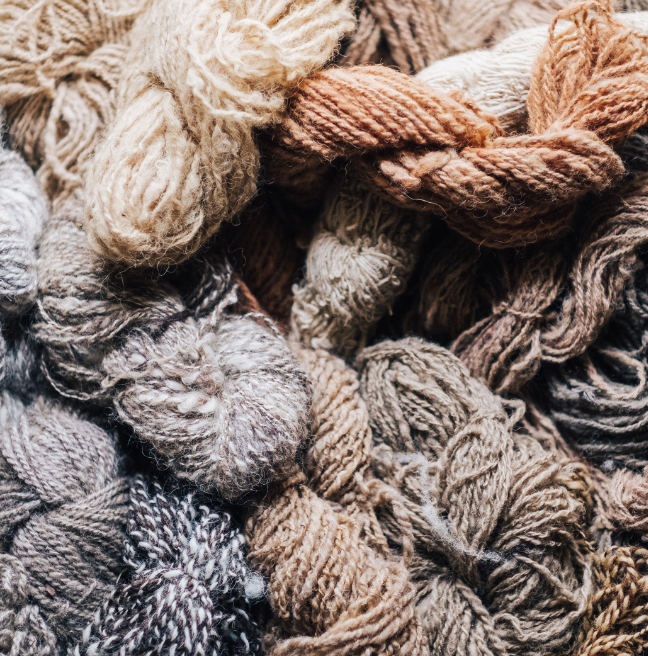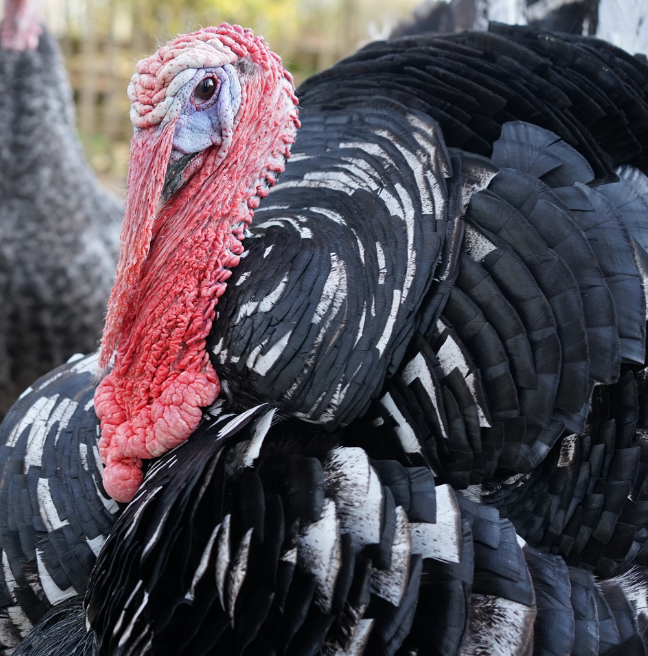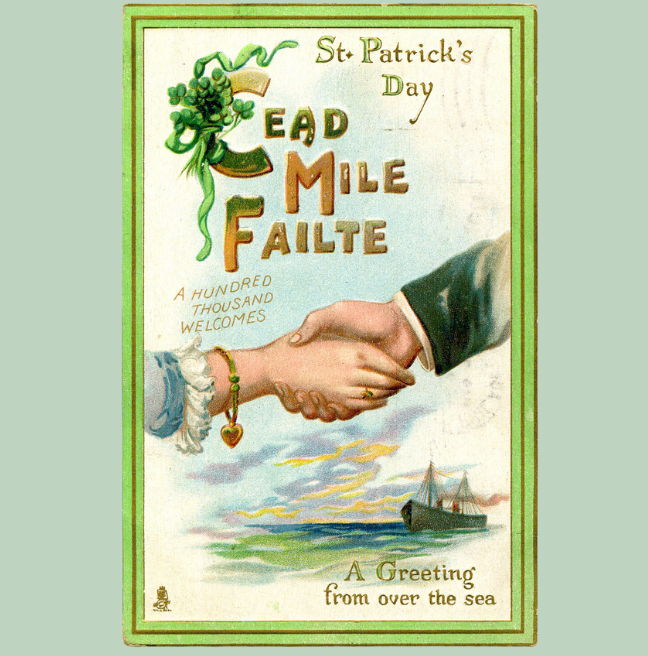
independence day: a cause for celebration?
It explained why the thirteen British colonies making up Colonial America no longer thought of themselves under British rule.
The best-known line from the Declaration of Independence is:
“We hold these truths to be self-evident, that all men are created equal, that they are endowed by their Creator with certain unalienable Rights, that among these are Life, Liberty and the pursuit of Happiness.”
Declaration of Independence

The declaration goes on to say that the King has:
"… excited domestic insurrections amongst us, and has endeavoured to bring on the inhabitants of our frontiers, the merciless Indian Savages whose known rule of warfare, is an undistinguished destruction of all ages, sexes and conditions.”
This is the only reference in it to America’s original inhabitants. Indigenous people had a long, slow wait to be recognised as US citizens and have full voting rights. It was 1958 before full voting rights in all states were granted. Today, some Indigenous people look at the Declaration as a work in progress and feel that although it was flawed, it made a start in the right direction.
On the 5th July 1852, abolitionist Frederick Douglass gave the speech, "What to the Slave Is the Fourth of July?". He reflected the 4th of July revealed to the enslaved African American “the gross injustice and cruelty to which he is the constant victim.”
Frederick Douglass escaped from his enslavement in Baltimore, from street scenes of the kind recreated at the Ulster American Folk Park. He visited Belfast four times, lecturing on abolition.
He said in Belfast in December 1845,
“Instead of the bright, blue sky of America, I am covered with the soft, grey fog of the Emerald Isle. I breathe, and lo! the chattel becomes a man.”
As a freedom-seeking enslaved person, in American law he had stolen his master’s property. As chattel he belonged to his master. A few years later money was raised to buy him his legal freedom from his master.
The Irish were able to take advantage of the Declaration of Independence. However, as migrants, they tended to find themselves near the bottom of society but always above African American and Indigenous Nations. First the Presbyterian Scots Irish were looked down on by the Puritans in New England and Quakers in Pennsylvania. Then the Catholic Irish were looked down on by the established Scots Irish and rest of American Society.
The Irish only rose from the bottom tier of American White society when Southern and Eastern Europeans started to arrive in large numbers from the 1880s onwards. Chinese migration was banned in the 1880s. The Irish were then looked upon as part of the ‘old’ migrant flow along with the English, Scots and Germans. There was always the idea that previous migrants were better than current migrants.
You might also like
Developing the narrative
The Ulster American Folk Park strives to give a diverse range of perspectives on the story of migration from Ulster to North America, from the 18th century to the early 20th century.
Learn more about our commitmentUnravelling Thanksgiving
Curator of Emigration Liam Corry explores the tradition of Thanksgiving and unravels its history.
St. Patrick's Day
St. Patrick's Day is a celebration that began in Ireland, moved to America, and then returned in the later 20th century to reinvigorate the homeland celebrations.


